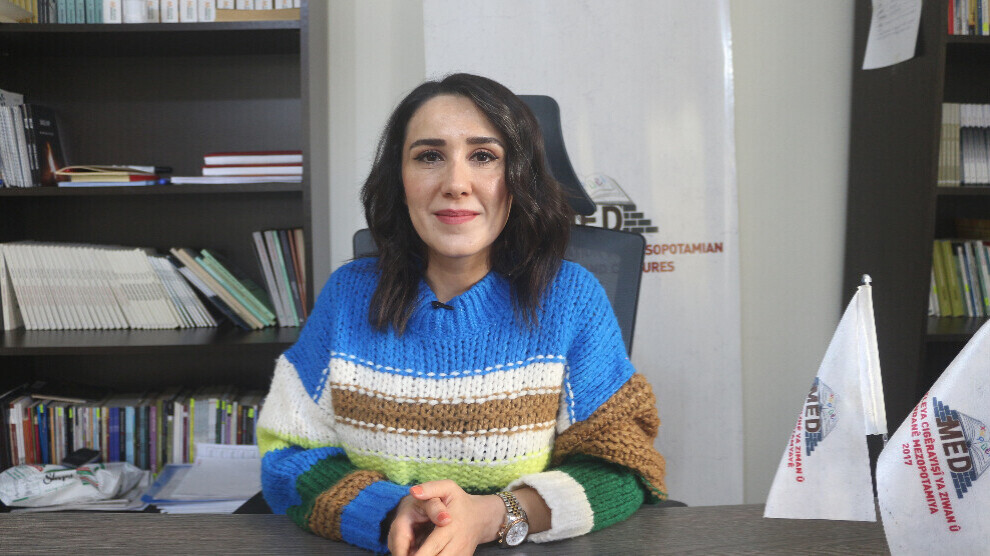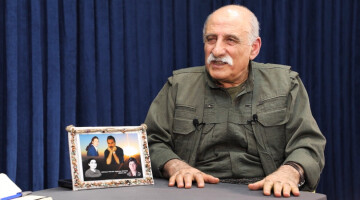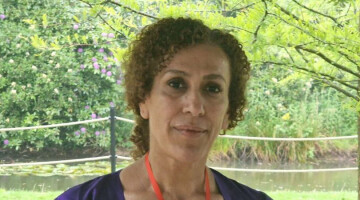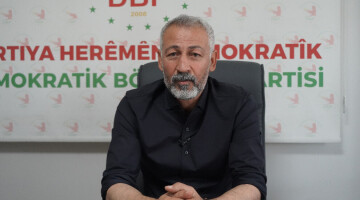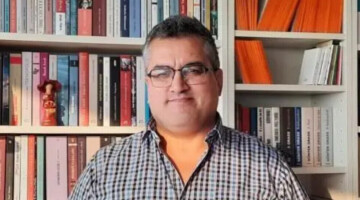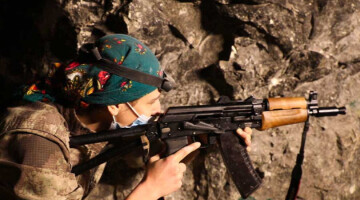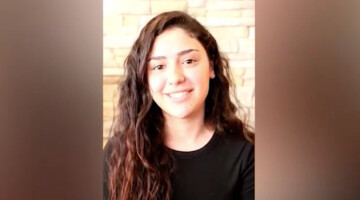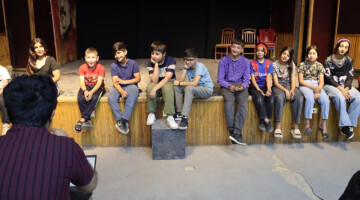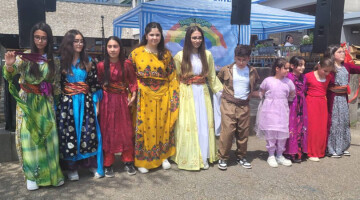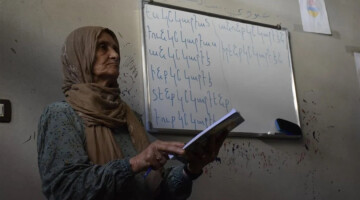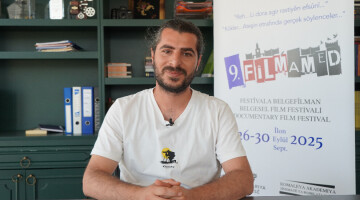The Turkish state continues to take massive action against the Kurdish language. Since in 2016, countless of Kurdish language associations were closed by decree. At the same time, pressure increased in all public institutions, from parliament to television stations to city administrations, not to use Kurdish.
Signposts, Kurdish signs and inscriptions on buildings were taken down and replaced with Turkish ones. Dilan Güvenç from the board of the Association for the Study of the Language and Culture of Mesopotamia (MED-DER) spoke to ANF about the current language policy developments. "Today the number of people who speak their native language is declining," said Güvenç.
She added: "Here we see the consequences of the state’s assimilation policy. We can see how much the number of people speaking in their native language has decreased and how much it has been restricted in family and social communication. Looking at the last few years, we can easily say that the state is pursuing an openly fascist policy.
Especially after the appointment of trustees on the municipalities that were in the hands of the people, a break occurred in the development of the Kurdish language. The municipalities had previously carried out multilingual and multicultural activities. The municipalities committed themselves to the survival of this culture and this language through cultural activities. In recent years, the increasing assimilation policy towards the Kurdish language has led to a decline in interest in the Kurdish language."
“The state sees Kurdish language as a threat”
The linguist described the bans on language as the most efficient means of assimilation and explained: "We see this language deficit in those who apply to our institution to learn Kurdish. The Turkish state must change the laws and constitution for the Kurdish identity and the Kurdish language, this is the expectation of the people. As the Kurdish language is spoken less and less every day, the policy of assimilation continues to intensify. This system has been established since the founding of the Republic and the Lausanne Agreement. This system is based on the destruction of the Kurdish language and identity. The state was founded on the principle of one language, one nation, one homeland. It wants to continue this system into this second century. The state does not want a multilingual, multicultural society and is opposing it. It sees this as a danger to himself. The Turkish state is trying to create hostility between peoples through nationalist feelings. This creates a big problem. In addition, institutions working in Kurdish society are exposed to repression and attacks. Because the state maintained its system through nationalism for years, large-scale massacres occurred. The death of a language means the murder of a society. The goal is to destroy Kurdish society and deprive it of its identity. What should we do in this situation? 40 million Kurds live in Kurdistan and Turkey. First of all, we must learn and speak our own language. We must work harder to ensure that Kurdish is recognized as an official language."
“Assimilation is part of the special war”
Stating that the assimilation policy was part of the special war, Güvenç continued: "In the second century of the Republic, the Kurdish people should be given status. This status can be achieved through the struggle for language. We will fight until our language is recognized as an official language. First of all, this system, which develops a policy of war and assimilation against the language, must change. As long as this system does not change, the repression and language bans will continue."
It is our right to communicate freely in our language
As for the repression, the language activist said: "Our institutions that deal with culture and language were taken over by the trustees. Those institutions carried out multilingual and multicultural projects. People used these institutions to learn their own language and culture. Unfortunately, these facilities have all been closed by the trustees in the past ten years. The study of the Kurdish language has been criminalized. For example, two million people live in Amed, should these two million people learn their language in a single institution? The state should pave the way for such educational institutions. If we are supposedly equal citizens of this country, where are our rights? We want to speak our language freely, that is our right. Our organizations are committed to a multilingual and multicultural system. We will fight until the Kurdish language and culture have status and are secured by law and constitution."

